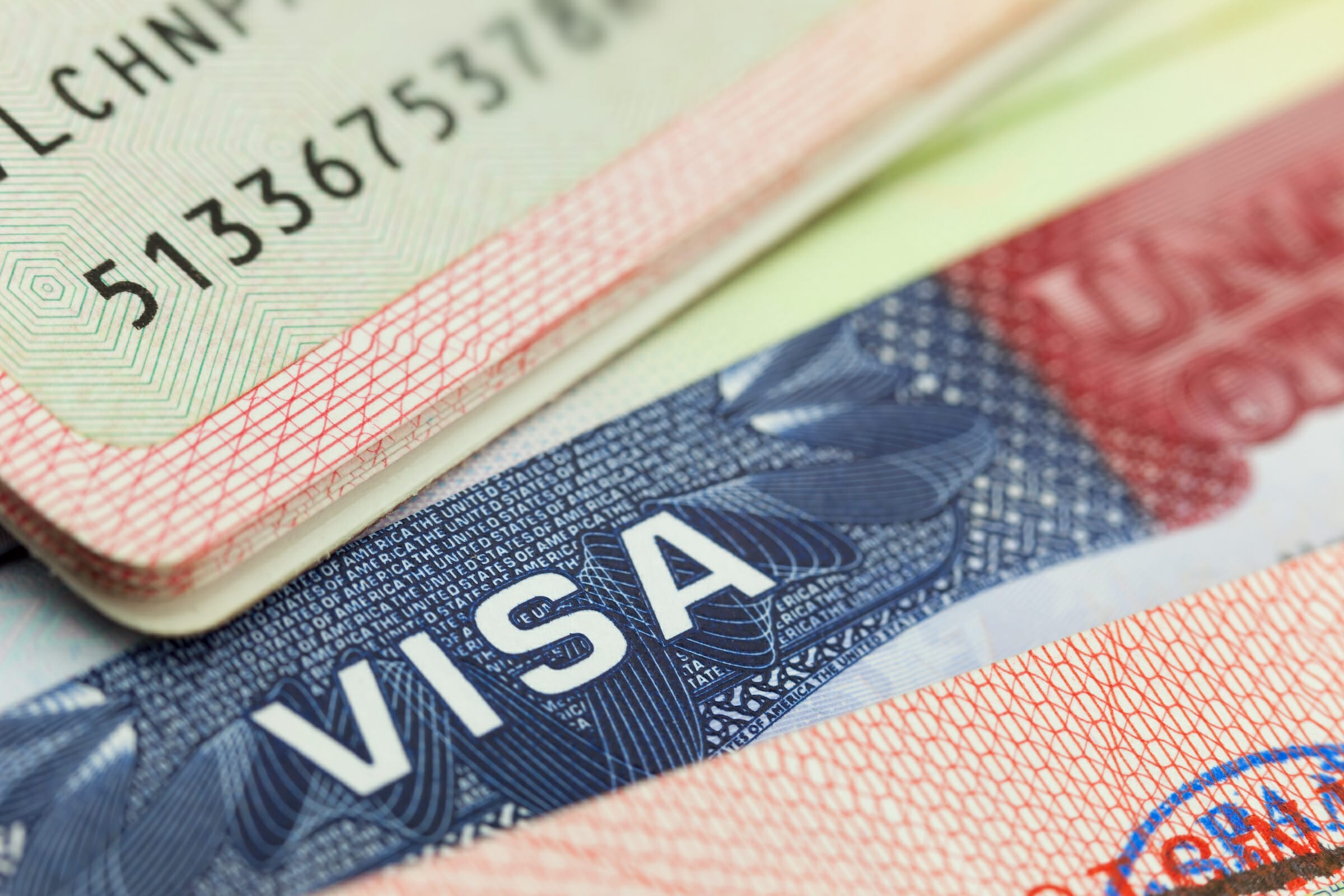Labor and employment laws in Thailand are complex. It is important for foreign businesses to grasp these rules to ensure that business operations are carried out with compliance.
Employees can bring a dispute to the Labor Court, which is a specialised court. It is also possible for employees to try to resolve the issue through negotiation and mediation.
Misclassification of Employees
Thailand labor laws allow employers and employees to agree on an exchange of services for remuneration. A written employment contract is required for workers with 10 or more employees and lays out working conditions, wage rates, working days and hours, and other relevant details. Employers are required to contribute to the national social security fund, which supports employees with medical care and disability coverage, unemployment benefits, childbirth, and retirement pensions.
Many employers misclassify their workers as independent contractors to save on costs and reduce compliance risks. This misclassification can lead to penalties and fines if discovered, but it also deprives workers of legal protections like worker’s compensation and intellectual property (IP) rights.
Although Thai laws protect informal workers in domestic, home work, and agricultural sectors, these laws have minimal practical enforcement mechanisms. Moreover, it is common for employers to deny their workers the basic legal rights of employees. This is often done out of ignorance or misunderstanding and may be an intentional act to avoid obligations for tax purposes.
Wrongful Termination
Employers need to ensure that they adhere to labor laws and regulations when terminating employees. They should consult with a lawyer specialized in employment to ensure that the termination process is conducted fairly and legally.
All employees and employers in Thailand are governed by the Labor Protection Act. The Act sets various labor standards including working hours, welfare funding, holidays, maternity leave, and overtime pay. Violating the act may result in compensation for the employee, a fine, or imprisonment.
While it is possible to dismiss an employee without statutory cause in Thailand, the process can be complicated. Employers must ensure that they follow the required procedures and notify the employee of their decision. For example, employers must give at least one pay period’s notice unless the employment contract specifies a different amount of time. Additionally, employers must provide severance pay and wages for unused annual leave. In addition, they must return the employee’s personal belongings and give them a reasonable opportunity to work elsewhere before placing them on gardening leave.
Disputes with the Department of Labour Protection and Welfare
Although Thailand has made moderate advancement in eliminating the worst forms of child labor, the country still struggles with exploitative working conditions in shrimp, seafood, agriculture, livestock, tourism, garment, and construction industries. These industries rely heavily on migrant workers.
Disputes between employers and employees are often a result of poorly defined contracts, such as those between foreign companies and local Thai employees. Such contracts should clearly spell out the terms of employment, work time and overtime pay, wages, workplace safety, and maternity leave.
Many disputes also arise because the current legal structure fails to extend effective protection to informal sector workers. Informal sector workers do not have a legally recognized employer or work on the employer’s premises; they lack a stable wage and benefit structure; and they are not covered by occupational safety and health (OSH) laws. Revising the labor laws to allow informal workers to form labor unions will help to improve their economic equity, welfare, and security.
Disputes with the Labor Court
The Ministry of Labor, via the Department of Labor Protection and Welfare, administers and upholds Thailand’s labor laws. These laws set forth employees’ minimum rights such as wages, work hours, maximum working days and overtime, allowable vacation and sick leaves, holidays, worker securities and privileges. Any violation on these laws can lead to workers filing a labor case against their employer.
Labor cases in Thailand are adjudicated by the specialized courts called labor court. This enables the courts to hear and address labor disputes in a timely manner.
The courts are generally employee friendly and usually rule in favour of the workers. However, it should be noted that if the dispute involves fraud, the case can elevate into a criminal suit. In such cases, the courts can impose fines on both parties.






